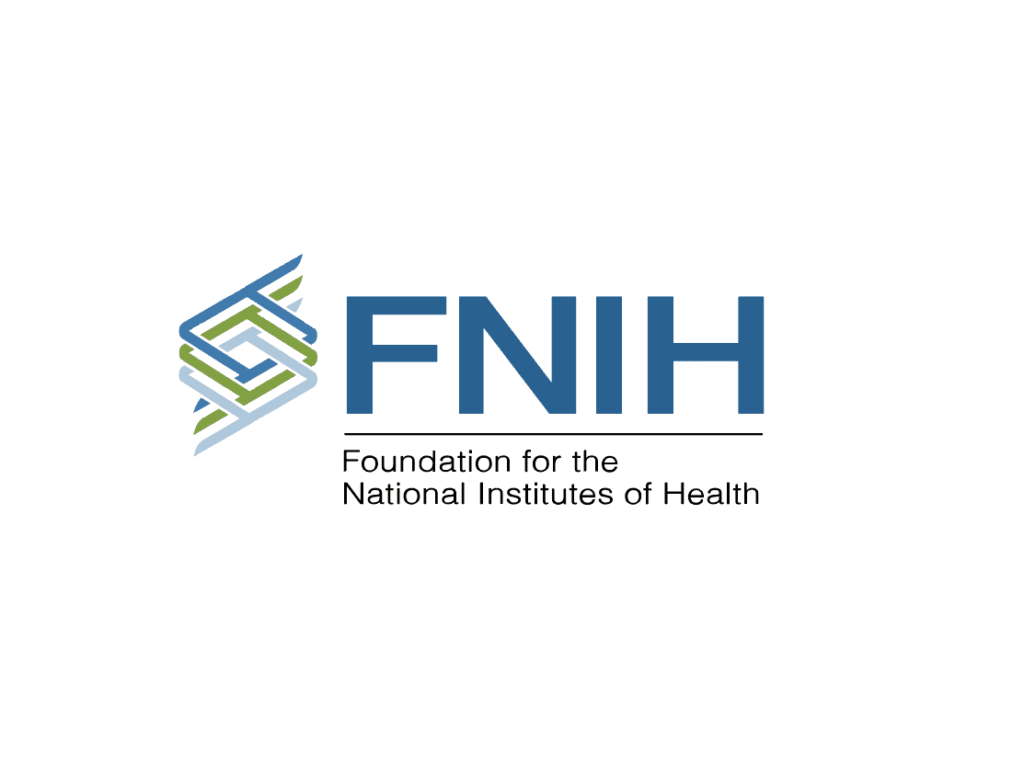

Guest Post: Legislation Needed to Improve Access to Vital Treatment for Medicare Rare Disease Patients
By Lisa Butler, Executive Director of the GBS | CIDP Foundation International
As the Executive Director of the GBS | CIDP Foundation International, I have had the privilege of meeting numerous patients with chronic inflammatory demyelinating polyneuropathy (CIDP) and Multifocal Motor Neuropathy (MMN). These are rare disorders of the peripheral nerves characterized by gradually increasing sensory loss and weakness associated with loss of reflexes. In both diseases, normally beneficial antibodies found in the patient’s blood plasma instead malfunction and attack healthy cells.
While there are no cures for CIDP or MMN, there are fortunately some effective therapies, most notably immune globulin (IG), which replaces the malfunctioning antibodies with healthy antibody proteins isolated from donated human plasma. Immune globulin is one of a number of plasma-derived therapies (PDTs) relied upon by over 125,000 Americans with rare and often life-threatening conditions. These therapies rely upon healthy plasma donors and a complex manufacturing ecosystem to ensure their availability.
CIDP patients typically require a monthly infusion, and sometimes their treatment center requires an overnight stay because it is a two-day infusion process. For patients with commercial insurance, IG infusion is typically done in the comfort of their own home, sparing them what can be a lengthy trip to the nearest infusion center, particularly for patients in rural areas.
Unfortunately, Medicare is lagging behind the commercial insurance market by refusing to cover home infusion of IG for CIDP and MMN patients. This can ultimately result in higher costs for Medicare if patients delay or skip their treatments, leading to faster disease progression and disability than if a patient were having their medication administered on time, as prescribed.
Recently introduced bipartisan legislation would close this gap by allowing Medicare beneficiaries to receive their IG infusions at home. The bill, H.R. 5818, also known as the Medicare IVIG Access Enhancement Act of 2023, was introduced by Reps. Adrian Smith (R-NE) and John Garamendi (D-NC).
Evidence from patients with other diseases demonstrates that allowing Medicare patients to receive IG at home improves health outcomes. Starting in 2013, patients with Primary Immune Deficiencies (PID) who also rely on IG, were allowed to enroll in a Medicare Demonstration to receive IG infusions at home. Patients in the demonstration on average received treatment 2.26 more times each year than non-enrollees and were 12.5% less likely to require treatment for infection.
The program was such a success that Congress made the benefit permanent at the end of 2022. The evidence – long recognized by commercial health insurers – is that home infusion for CIDP and MMN patients leads to better health outcomes. Congress has an opportunity to close the gap for Medicare patients by passing HR 5818.
Lisa Butler currently serves on the NHC Board of Directors. GBS | CIDP Foundation International is a member of the National Health Council. For more information on NHC membership, please email membership@nhcouncil.org.


